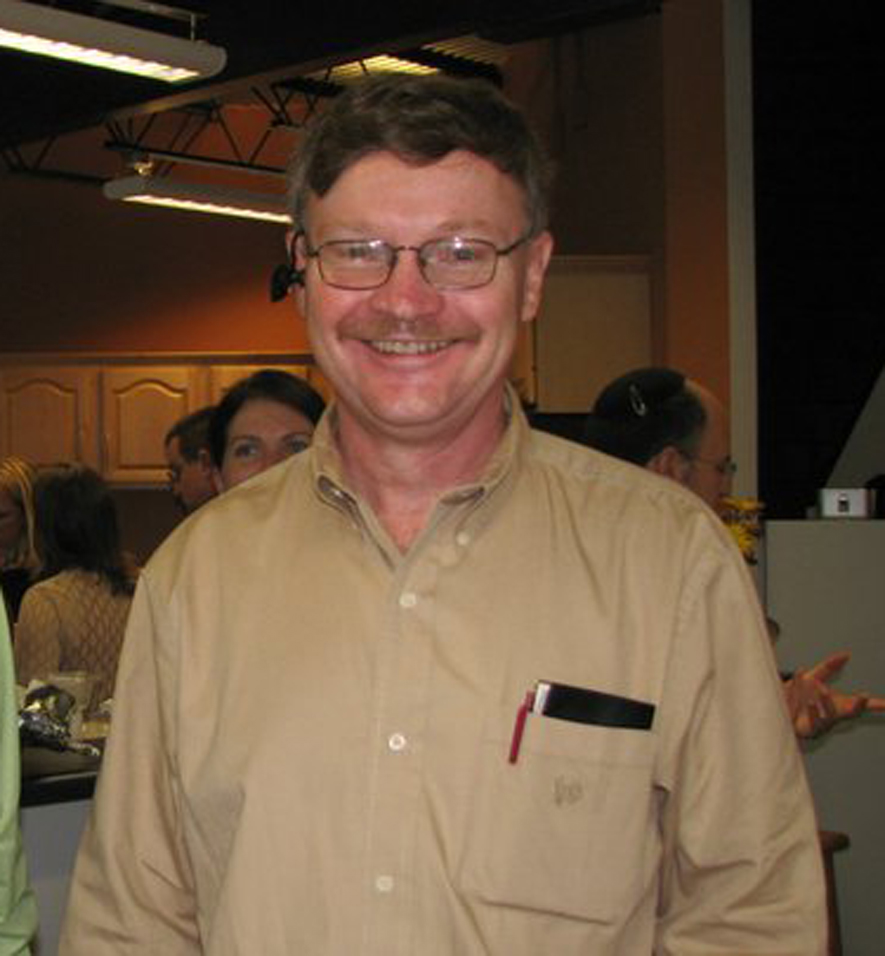Payday lender Carey Brown, along with associates Joanna Temple and Ron Beaver, will face criminal usury charges in New York nearly three years after an investigation by the Chattanooga Times Free Press concluded that the trio had created a syndicate of shell companies designed to market, make and collect payday loans considered illegal in many states.
The New York Times reported that Brown, Temple and Beaver "carefully crafted their corporate entities to obscure ownership and secure increasing profits."
Brown, a former Rossville, Ga. used car salesman who built an empire worth hundreds of millions of dollars, is charged along with a dozen companies and his associates with flouting New York rules that limit interest rates on such loans, while attempting to obscure the fact that those loans originated in Chattanooga.
The erstwhile payday lender, with the help of legal advisor Temple and chief operating officer Beaver, used a number of tricks to mask the true identify of his companies, from setting up shell companies in Bermuda and on Indian reservations to suing former employees who spoke to reporters, an investigation determined.
"The exploitative practices - including exorbitant interest rates and automatic payments from borrowers' bank accounts, as charged in the indictment - are sadly typical of this industry as a whole," said Cyrus R. Vance Jr., the Manhattan district attorney, according to the New York Times.
Brown incorporated the online payday lending arm, MyCashNow.com, in the West Indies, a tactic that prosecutors say was intended to try to put the company beyond the reach of American authorities.
The indictment against Brown, Beaver and Temple said the trio orchestrated a "systemic and pervasive usury scheme."
But Brown's lawyer, Paul Shechtman with Zuckerman Spaeder, told the New York Times that Brown "acted in good faith and looks forward to showing his innocence."
On Monday, Beaver, who was arraigned in state court, entered a plea of not guilty. Denis Patrick Kelleher of the law firm Clayman & Rosenberg said his client "voluntarily appeared in court this morning to defend himself against these charges."
The Times said such charges are rare.
"The case is a harbinger of others that may be brought to rein in payday lenders that offer quick cash, backed by borrowers' paychecks, to people desperate for money," New York Times reporter Jessica Silver-Greenberg wrote in a web update.
Reporters who attempted to connect the dots between Brown's business interests were themselves threatened with lawsuits, and Temple has claimed on multiple occasions that her firm, the Scenic City Legal Group, was not directly connected to Brown's payday empire, despite the fact that the founder of the firm has identified himself as a representative of one of Brown's companies on multiple occasions.
Brown pledged to donate $1 billion in profits from his payday empire to charity, forming the Covenant Values Foundation to support Christian causes around the world. He gained partners in this effort such as Hugh O. Maclellan, who descends from the family that founded what is now disability insurer Unum Group.
Brown also diversified his empire, supporting language translation software for missionaries that later became what is now a company called Sovee, and investing in real estate throughout the Chattanooga area.
Payday lending isn't the only field in which Brown has come under fire. He gained notoriety for a $1 million donation by another one of his associates, Sherry Huff, that a nonprofit group said Brown himself funneled toward an anti-Obama campaign attacking the president for his support of same-sex marriage.
Through it all, Brown maintained that his actions were legal, and subject to federal, not state jurisdiction. He dodged cease and desist orders by attorneys general in multiple states, while dismissing an investigation by federal agencies as a routine matter.
Eventually, he was forced to lay off hundreds of employees in 2013 after New York bankers refused to let him continue using their network to deposit his loans in customers' accounts and withdraw fees.
Many of those employees, who formerly worked at Brown companies with names like Area 203, Cloudswell and ACH Federal, remained in the Chattanooga area at marketing, information technology and payday lending businesses.
Read more in tomorrow's Times Free Press.
Contact Dave Flessner at dflessner@timesfreepress.com or 757-6340.
Contact staff writer Ellis Smith at 423-757-6315 or esmith@timesfreepress.com with tips and documents.

